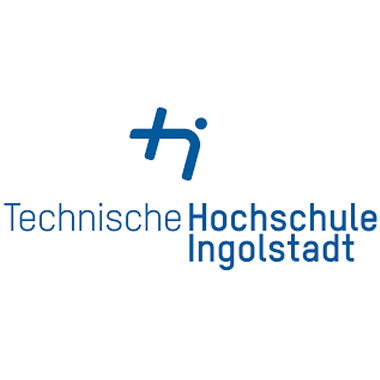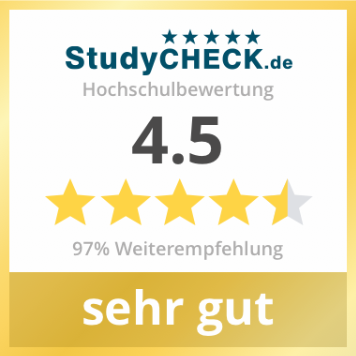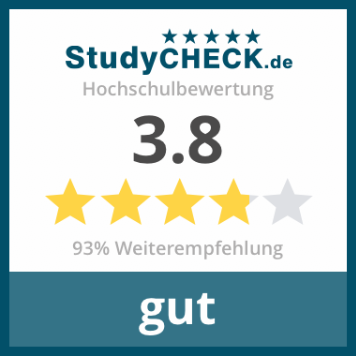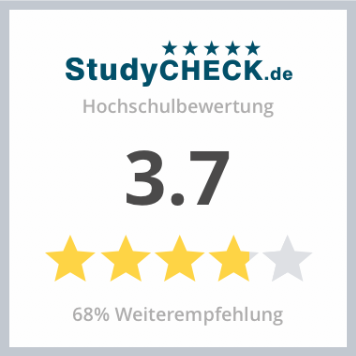Automotive Production Engineering (M.Eng.)
Studiengangdetails
Das Studium "Automotive Production Engineering" an der staatlichen "Technische Hochschule Ingolstadt" hat eine Regelstudienzeit von 3 Semestern und endet mit dem Abschluss "Master of Engineering". Der Standort des Studiums ist Ingolstadt. Das Studium wird als Vollzeitstudium angeboten. Insgesamt wurde das Studium bisher 13 Mal bewertet. Dabei hat es im Durchschnitt 4.6 Sterne erhalten und liegt somit über dem Bewertungsdurchschnitt der Hochschule (4.0 Sterne, 1021 Bewertungen im Rating). Besonders gut wurden die Kategorien Organisation, Dozenten und Literaturzugang bewertet.
Vollzeitstudium
A very broad course
The name is automotive Production Engineering however the course covers the wide production world. Some part is automotive industry specific. Remaining is pure production knowledge. The lecturers have good industry exposure too. They have worked on the ground level before sharing their knowledge with us. Overall its a good course with wide scope.
Industry relevant course
Being worked in Automotive industry, I felt the course contents are highly relevant for the Automotive industry. The group activities offered are highly helpful to improve team building, documentation and presentation skills. Various guest lectures provided from industries keeps us updated about the state of the industry around us.
Good management course
Having said that, MAPE is one of the competitive courses in THI. Overall course structure & module content is very good! Even the Professors are practical oriented and one can get Industrial exposure by attending those guest lectures organized by faculty.
Very good experience during the whole Master
All the context and lectures are well structured from an Automotive perspective.
Professors come with several years of experience in the automotive industry.
The overall experience in the university and in the Master program enriched my academical knowledge.
Weiterempfehlungsrate
- 92% empfehlen den Studiengang weiter
- 8% empfehlen den Studiengang nicht weiter





